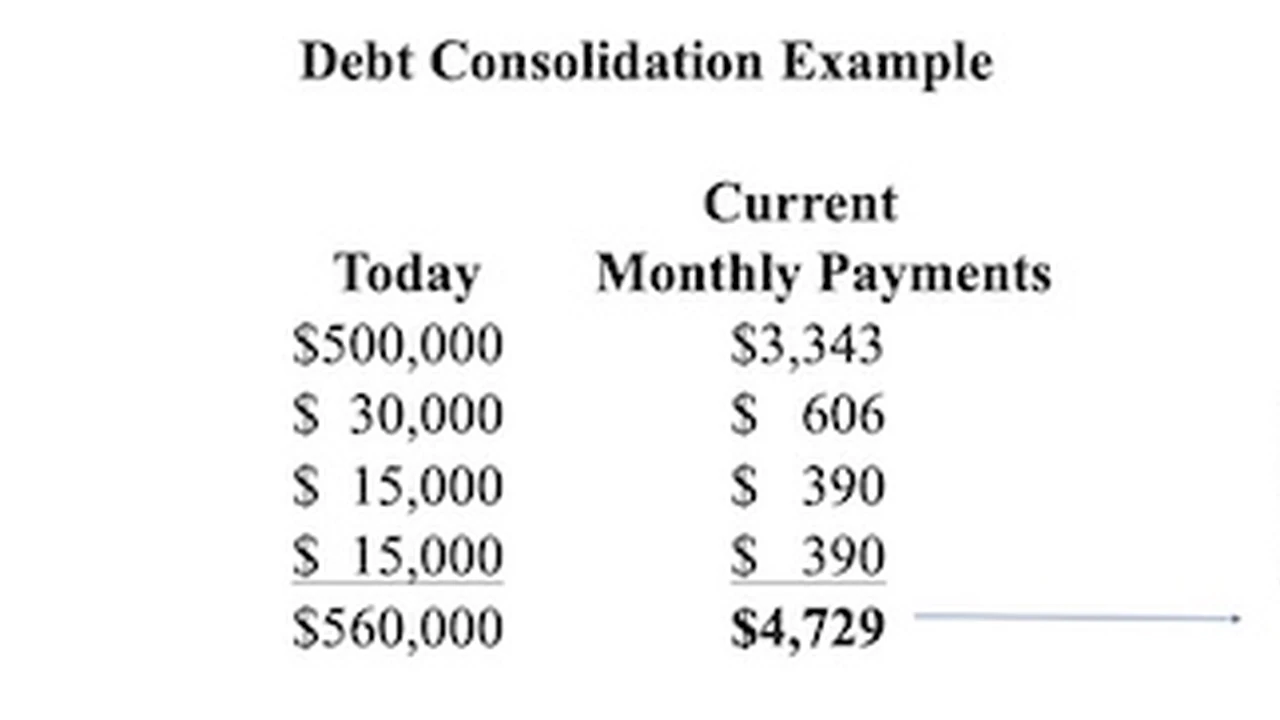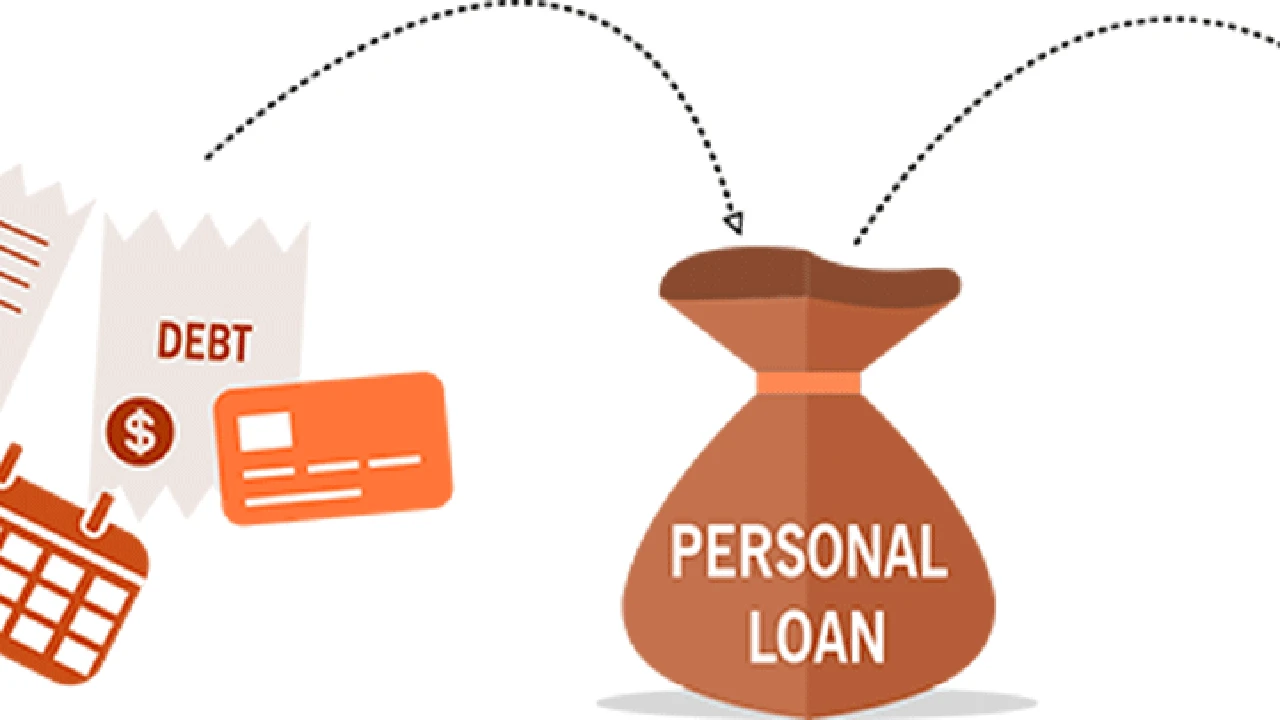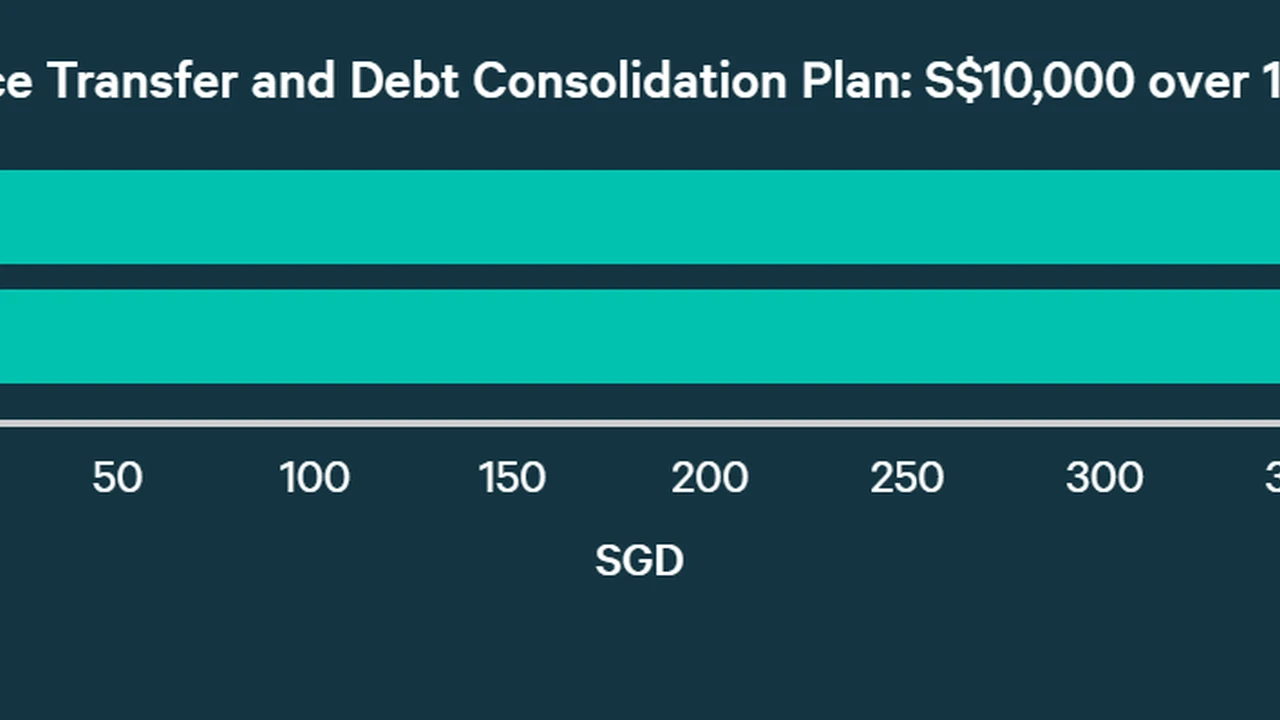Building a Positive Relationship with Money After Debt Consolidation
Cultivate a healthier and more positive relationship with money after achieving debt consolidation success.

Building a Positive Relationship with Money After Debt Consolidation
So, you've successfully navigated the choppy waters of debt consolidation. Congratulations! That's a huge accomplishment. You've taken a massive step towards financial freedom, and you should absolutely pat yourself on the back. But here's the thing: getting rid of debt is one challenge, and building a truly positive, healthy relationship with money afterward is another, equally important one. It's not just about paying off loans; it's about changing your mindset, your habits, and how you view money in your everyday life. Let's dive into how you can cultivate this healthier relationship and ensure your financial success is a long-term reality, not just a temporary fix.
Understanding Your Past Money Relationship Identifying Triggers and Patterns
Before you can build a new, positive relationship with money, it's crucial to understand the old one. What led you to debt in the first place? Was it impulsive spending, unexpected emergencies, a lack of financial education, or perhaps a combination of factors? Be honest with yourself, without judgment. This isn't about shame; it's about understanding. Think about:
- Emotional Spending: Do you shop when you're stressed, sad, or even overly happy? Many people use spending as a coping mechanism or a way to celebrate.
- Keeping Up with the Joneses: Did social pressure or a desire to maintain a certain lifestyle contribute to your debt?
- Lack of Budgeting Skills: Was there simply no clear plan for your income and expenses?
- Unexpected Life Events: Job loss, medical emergencies, or other unforeseen circumstances can derail even the best financial plans.
Identifying these triggers and patterns is the first step to breaking free from them. Once you know what your financial Achilles' heel is, you can develop strategies to address it proactively.
Shifting Your Money Mindset From Scarcity to Abundance
Your mindset about money plays a huge role in your financial behavior. Many people operate from a scarcity mindset, constantly worrying about not having enough, which can lead to either hoarding or impulsive spending. After debt consolidation, it's time to shift to an abundance mindset. This doesn't mean ignoring reality; it means believing in your ability to generate wealth, manage your resources, and achieve your financial goals. Here's how:
- Practice Gratitude: Be thankful for what you have, not just what you lack. This can shift your perspective.
- Visualize Success: Regularly imagine yourself achieving your financial goals – being debt-free, saving for a down payment, or investing for retirement.
- Educate Yourself: The more you understand about personal finance, the less intimidating it becomes. Knowledge empowers you.
- Affirmations: Positive affirmations like "I am financially capable" or "Money flows easily to me" can reprogram your subconscious beliefs.
Practical Steps to Foster a Healthy Money Relationship Budgeting Beyond the Basics
A budget isn't just a restrictive tool; it's a roadmap to your financial dreams. After debt consolidation, your budget should evolve from merely tracking expenses to actively directing your money towards your goals. Here are some practical steps:
Embrace Intentional Spending Aligning Values with Purchases
Instead of just spending, start spending with intention. Ask yourself: Does this purchase align with my values? Is it bringing me closer to my financial goals or further away? This doesn't mean you can't enjoy life; it means making conscious choices. For example, if travel is a high value for you, you might intentionally cut back on daily lattes to save for that trip.
Automate Your Savings and Investments Building Wealth Effortlessly
One of the most powerful tools for building a positive money relationship is automation. Set up automatic transfers from your checking account to your savings, investment accounts, and even your debt repayment. This ensures you're consistently working towards your goals without having to think about it every month. Many banks and investment platforms offer this feature. For example:
- Ally Bank: Known for its high-yield savings accounts and easy automation features. You can set up recurring transfers to different 'buckets' for specific goals.
- Fidelity or Vanguard: For automated investments, you can set up recurring contributions to your IRA or brokerage account. Even $50 a month can add up significantly over time.
- Digit: This app analyzes your spending and automatically saves small amounts of money for you, making saving feel effortless. It costs around $5/month after a trial, but for some, the automation is worth it.
Track Your Net Worth Beyond Just Debt Monitoring Progress
Instead of just focusing on how much debt you have, start tracking your net worth (assets minus liabilities). This gives you a holistic view of your financial health and allows you to see your progress as your assets grow and liabilities shrink. There are several excellent tools for this:
- Personal Capital (now Empower Personal Dashboard): This free tool links all your financial accounts (bank, credit cards, investments, mortgage) and provides a comprehensive overview of your net worth, cash flow, and investment performance. It's fantastic for seeing the big picture.
- Mint: Another popular free budgeting and net worth tracking app that helps you categorize spending, set budgets, and monitor your accounts.
- Quicken: A more robust, paid software solution for detailed financial management, budgeting, and investment tracking. It offers more in-depth reporting and customization for those who need it. Prices vary from around $35 to $100+ per year depending on the version.
Educate Yourself Continuously Learning and Growing
The world of personal finance is constantly evolving. Make a commitment to continuous learning. Read books, listen to podcasts, follow reputable financial blogs, and attend webinars. The more you know, the more confident you'll become in making financial decisions. Some great resources include:
- Books: The Total Money Makeover by Dave Ramsey (for a debt-focused approach), The Simple Path to Wealth by JL Collins (for investing), I Will Teach You To Be Rich by Ramit Sethi (for automation and conscious spending).
- Podcasts: The Ramsey Show, Afford Anything, ChooseFI, Stacking Benjamins.
- Websites/Blogs: Investopedia, NerdWallet, The Balance, Mr. Money Mustache.
Building a Financial Support System Accountability and Guidance
You don't have to go it alone. Building a positive relationship with money is easier with a support system.
Find an Accountability Partner or Group Shared Goals
Connect with a friend, family member, or join an online community where you can share your financial goals and progress. Having someone to check in with can provide motivation and keep you on track. This could be a simple weekly chat with a friend about your spending, or joining a dedicated online forum for financial independence.
Consider a Financial Advisor Professional Guidance
For more complex financial situations or if you want personalized guidance, consider working with a financial advisor. They can help you with investment strategies, retirement planning, and ensuring your money habits align with your long-term goals. Look for a fee-only fiduciary advisor, meaning they are legally obligated to act in your best interest and are paid directly by you, not by commissions from selling products. Websites like NAPFA.org can help you find one.
Celebrating Milestones Acknowledging Progress
Don't forget to celebrate your wins, big and small! Paying off a credit card, reaching a savings goal, or even sticking to your budget for a month are all reasons to acknowledge your progress. These celebrations reinforce positive behavior and make the journey more enjoyable. Just make sure your celebrations don't derail your financial progress!
Dealing with Setbacks Resilience and Learning
Life happens. There will be unexpected expenses, temptations, and moments when you might slip up. The key is not to let a setback turn into a complete derailment. Acknowledge it, learn from it, and get back on track. A positive money relationship isn't about perfection; it's about resilience and continuous improvement. Think of it as a marathon, not a sprint. Every step forward, even after a stumble, is progress.
Long-Term Vision What Does Financial Freedom Look Like for You
Finally, keep your long-term vision in mind. What does financial freedom truly mean to you? Is it early retirement, buying a dream home, traveling the world, or simply having peace of mind? Regularly revisit these goals. This vision will serve as your ultimate motivation and guide as you continue to cultivate a healthy, positive, and empowering relationship with your money. Remember, money is a tool, and you are the master of that tool. Use it wisely to build the life you truly desire.
:max_bytes(150000):strip_icc()/277019-baked-pork-chops-with-cream-of-mushroom-soup-DDMFS-beauty-4x3-BG-7505-5762b731cf30447d9cbbbbbf387beafa.jpg)






